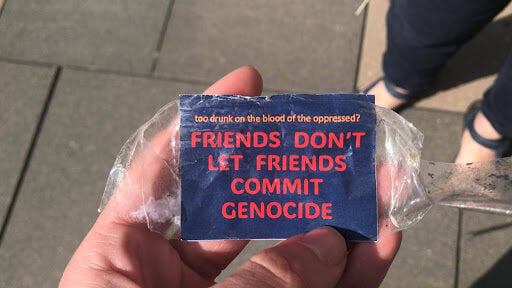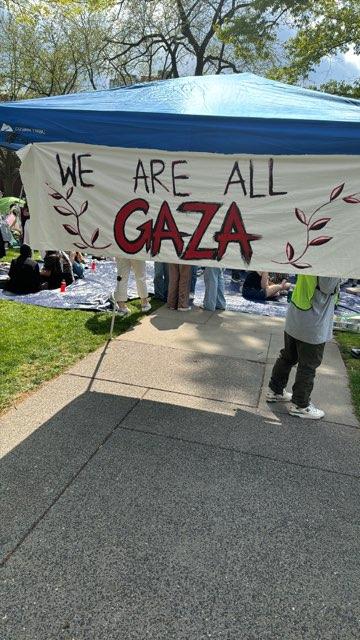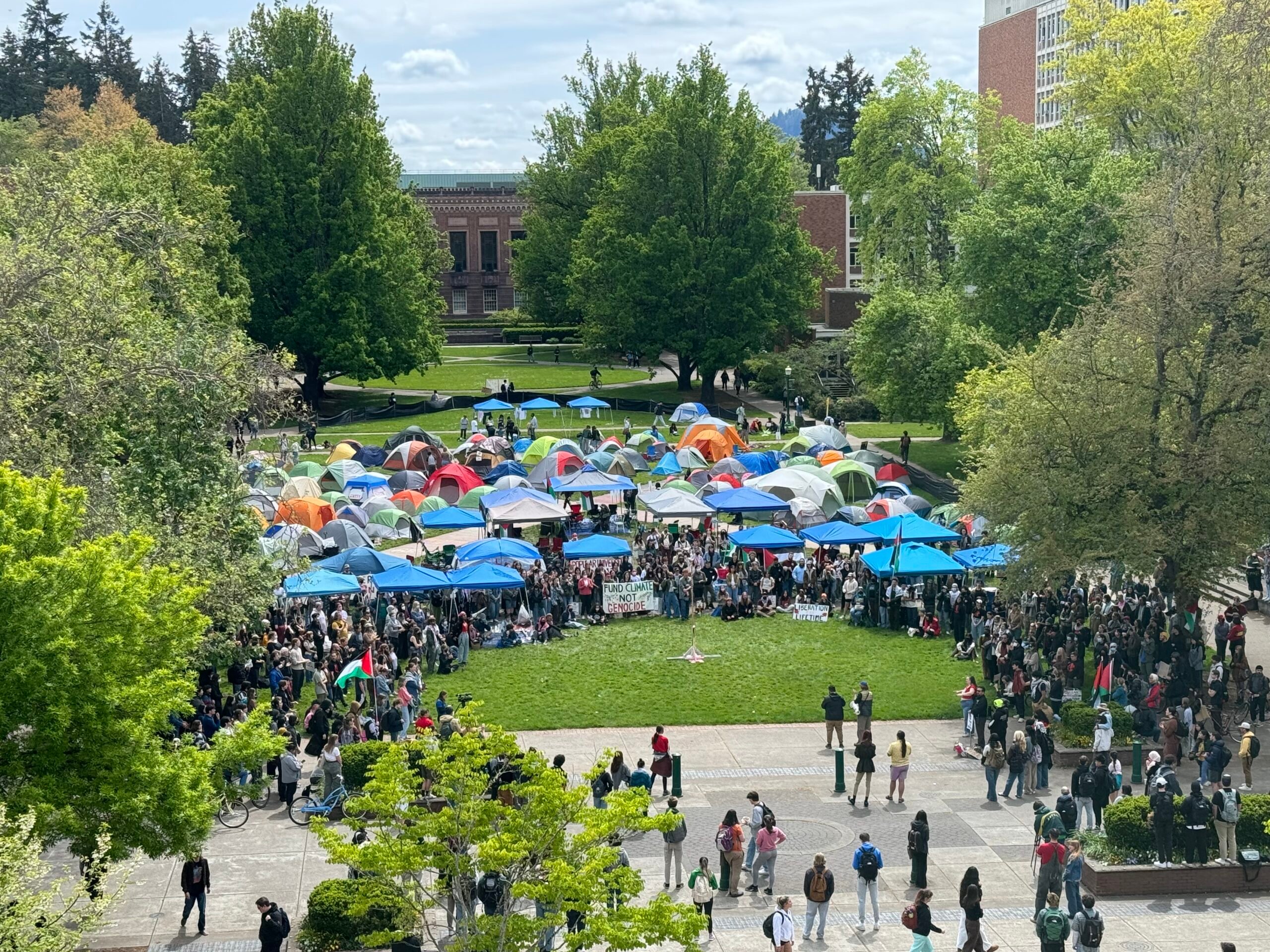I hope that I am not being naïve, but I would like to believe that a meaningful part of the Pesach Seder are the songs we sing. Given my unique day school education, it should come as no surprise that my favorite song is a Yiddish Pesach leed, or song, about the infant Moses, who was carefully and lovingly placed in a waterproof wicker basket by his mother Yocheved and set afloat on the Nile. It was Yocheved’s hope and prayer that an Egyptian filled with love and compassion would come across this ersatz life raft, take pity on an Israelite male infant, and save the child from both the waters of the Nile as well as the wrath of Pharaoh. Written by Avrom Reisen (1876-1953), a Yiddish author with Socialist leanings, the song “Oifen Neel,” or “On the Nile,” is replete with a midrashic undertone.
Reisen not only deftly ascribed human qualities to the Nile, but masterfully contrasted the Egyptian waterway with the Egyptian emperor. Whereas Pharaoh decreed that every (Israelite) son that is born be cast into the Nile River (Exodus I:22), the Nile River took notice, pity and particular care of the helpless infant floating on its surface.
The Yiddish language does not differentiate between swimming and floating. Shvimmen therefore describes the state of the basket or box in which Moses was placed as it was set afloat on the Nile to spare him from a cruel death. It was as though the chvahlias, or waves, of the Nile had a premonition that there would come a time in the foreseeable future when the precious human cargo it was transporting would be responsible for fulfilling the Divine promise of liberating the Children of Israel from Egyptian enslavement. Accordingly, the chvahlias defied nature by restraining themselves, lest they become too choppy and cause any discomfort, let alone danger to the infant. But the chvahlias did more than merely restrain themselves.
Overcome by emotion, the chvahlias tzittehrd—quaked or trembled—recognizing the awesome responsibility and task with which they were entrusted. Of interest, the verb tzitter does not only describe the chvahlias but also portrays generations of jittery parents who tzittehrd ibber die kinder. Realizing that they could not hover over their children given their time and lifestyle, they did the next best thing, they tzittehrd over their children. But the chvahlias of the Nile did more than just tzitter. The chvahlias of the Nile went into tzahrt (delicate) and leend (gentle) mode, so that nary a ripple was produced, lest the chvahlias cause the slightest suffering to the infant. Our rabbinic sages tell us that the efforts of the chvahlias went neither unnoticed nor unappreciated. For it was Aaron, and not Moses, who initiated the Ten Plagues. It was Aaron, and not Moses, who held his staff aloft over the waters of Egypt. After all, point out our sages (Exodus Rabbah 9:10), how could Moses smite the very same waters that protected him from death when he was an infant?
Parents of young children are extremely sensitive to the danger of their offspring getting too close to bodies of water. The chvahlias of the Nile in the song “Oifn Neel” serve as the antithesis to those fears. The chvahlias of the Nile were synonymous with life. And because of this, as Jews, we will be eternally grateful for the role they played!
Rabbi Shawn Zell has recently returned to New Jersey, after serving at a pulpit in Dallas. He possesses certification in teaching Yiddish. Rabbi Zell is the author of three books.












